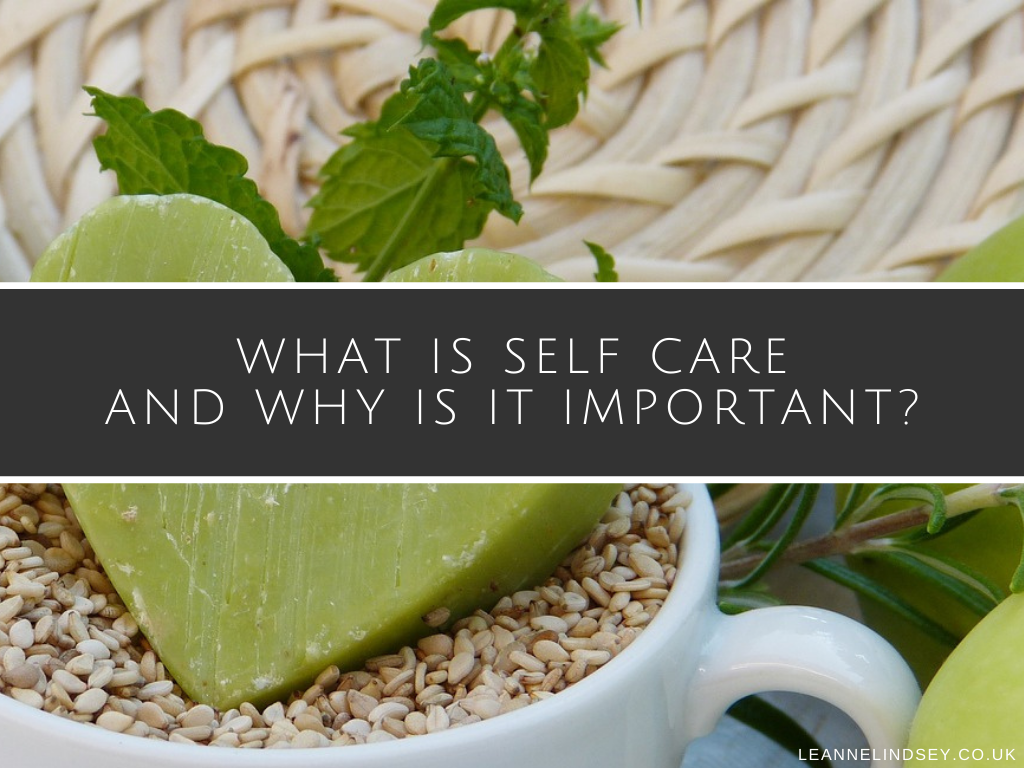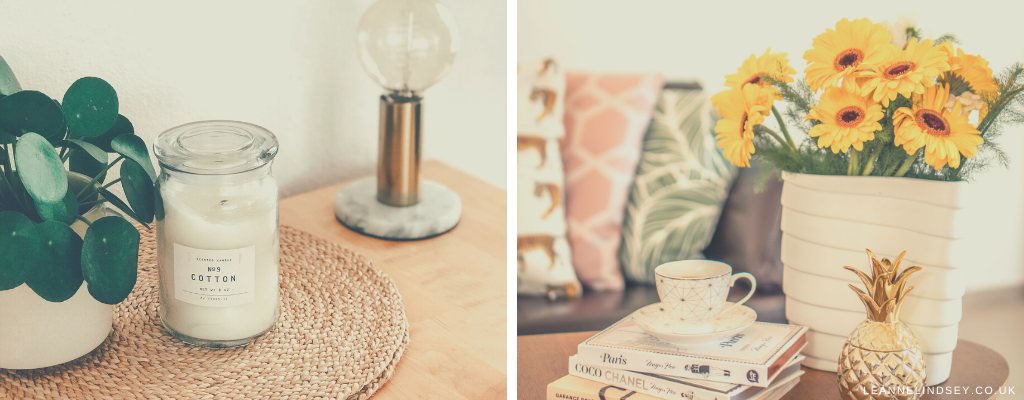
There are too many women existing, surviving and running on empty.
We live in a society that promotes and rewards those who live by mottos such as “go hard or go home”, “sleep is for losers” and “I’ll sleep when I’m dead.”
This results in busy, tired, dissatisfied, unfulfilled, unhappy and unwell people.
For some women, self care is at the bottom of a never-ending to-do list and something they never get around to.
Other women, simply forget to take care of themselves in the midst of being everything to everyone in their life.
Many women do not practise self care because they don’t feel worthy of taking time out.
They often feel guilty or selfish for doing so.
But with all the time women spend nurturing and focusing on the needs of others, we often become stressed out, anxious and sometimes even depressed.
What is self care?

The MacMillan dictionary describes self care as:
“something that you do often or regularly, often without thinking about it.”
A day at the spa may be what comes to mind when you think about self care.
However, unless it’s something you do weekly or at least monthly, it does not meet the definition above of what self care is.
Self care is the deliberate act of protecting, maintaining and improving your overall physical, emotional, mental and spiritual health and well-being.
It is a practice or an activity that you can engage in on a regular basis that helps you to reduce stress and regain a sense of peace, balance and harmony.
When you practice self care, you are regularly identifying your essential needs, prioritising them and then nurturing yourself as necessary.
But as we all know, it is all too easy to neglect your own needs.
And although self care can be a simple act, it is one of the easiest things to forget and take for granted.
It is often put off until you have more time, energy or money when in fact, it does not have to be expensive or fancy.
It just needs to be regular.
Why is self care important?

With the term self care becoming increasingly popular over the past couple of years, it can be tempting to overlook it as simply a buzzword or trend.
But it is nothing new.
In fact, self care has been considered essential to improving your quality of life for centuries.
A lack of self care can lead to exhaustion, problems with your mental and physical health, anxiety and depression.
Additionally, when you’re exhausted and always doing for others, you can begin to feel irritable and resentful.
Regular self care is known to improve your focus, concentration and creativity as well as your physical and emotional well-being.
It is also believed to reduce your risk of certain diseases such as diabetes, cancer, and heart disease.
Additional benefits associated with practising self care consistently include reduced stress, better sleep and increased energy.
It can also help you to become more present and connected which can lead to better quality relationships with others.
A common misconception or opinion is that self care is selfish.
But it isn’t.
It is about treating yourself with compassion, taking proper care of yourself and treating yourself as kindly as you treat others.
Self care goes hand in hand with self-worth.
When you neglect your own needs to prioritise the needs of others, you are subconsciously declaring that you are not as important and that your needs do not matter as much.
But it is only by prioritising your own health and wellbeing that can you effectively and sustainably help others.
Regular self care is essential

Self care isn’t a one-time activity.
But when we get busy or stressed, self care is usually the first thing to get neglected, forgotten about or completely disregarded.
Self care takes effort and is something you have to prioritise, but it should not be strenuous.
It should be something that positively adds to your life, not something that depletes you.
However, in reality, you may need to force yourself to commit to your self care practice initially as it can be easy to slip back into bad habits and forget to take care of yourself.
Self-awareness is also important.
You need to recognise when you’ve let your self care practice slip and then recommit to it.
Keeping your self care acts and activities simple, accessible, affordable and enjoyable increases your chances of integrating self care into your everyday life.
And remember, your self care practice is personal to you.
You alone know what you need and enjoy.
Listen to your body and trust your instincts.
It is not something you have to get right or perfect and it definitely should not be something that adds additional stress, pressure or expectation.
Finally, self care is not a reward.
It is an essential part of maintaining optimal health and wellbeing.
Self care is something you are worthy and deserving of every single day, no matter what you did or didn’t achieve or did or did not do for someone else.
You matter. Now it’s time to act like it!
Journal prompt: How do I feel when I take time out for myself for self care?
Affirmation: I am a priority in my own life.



